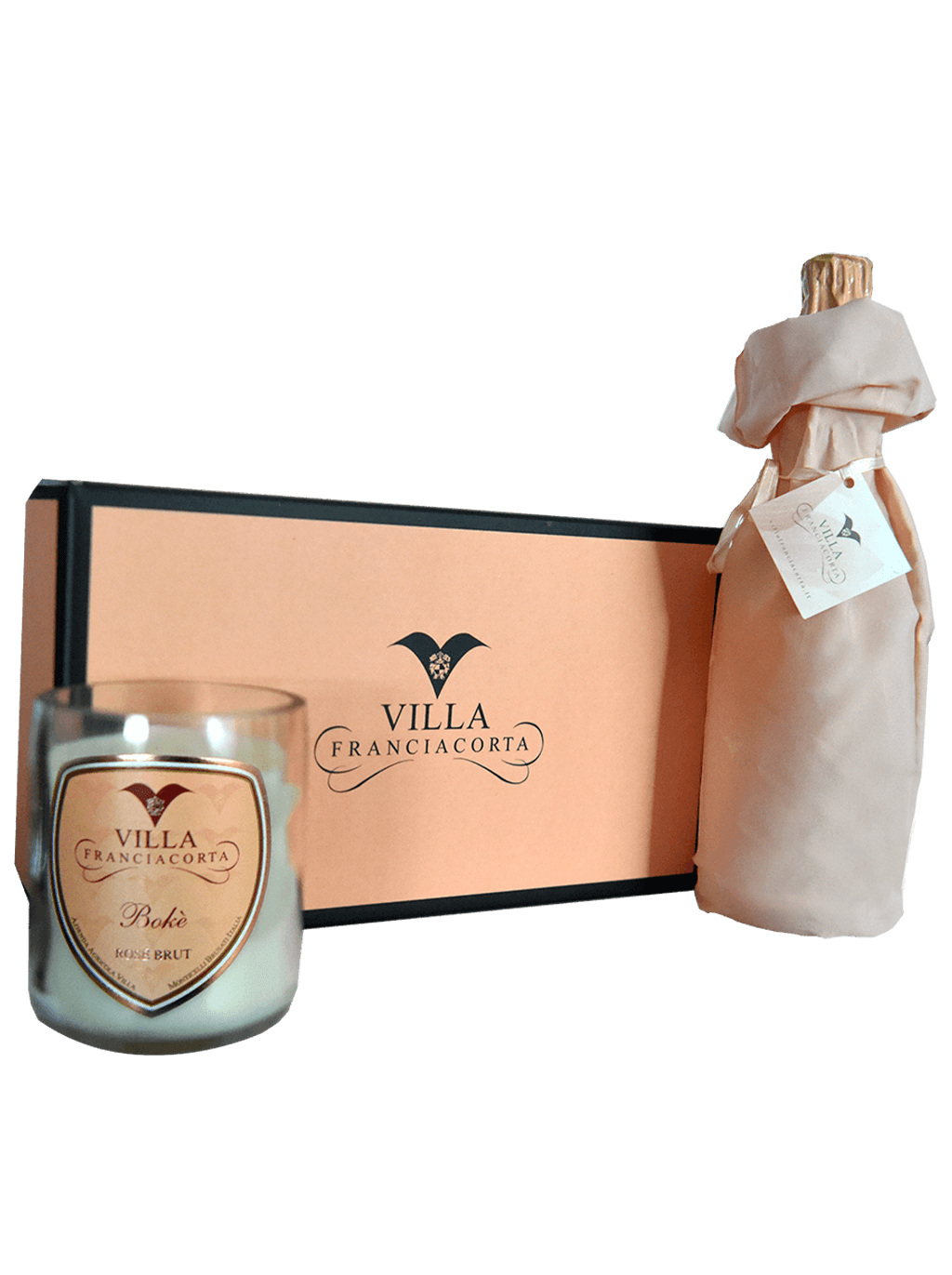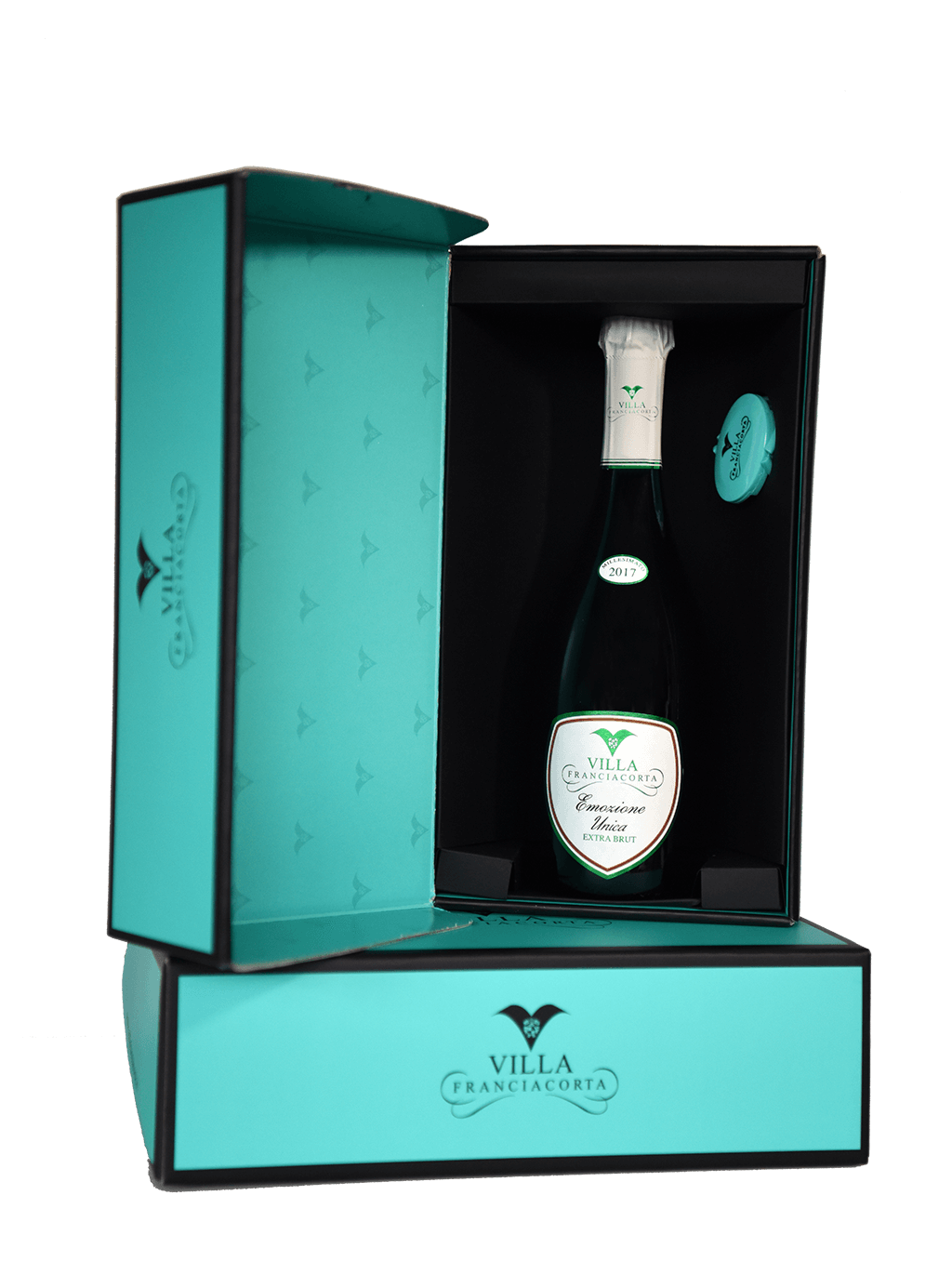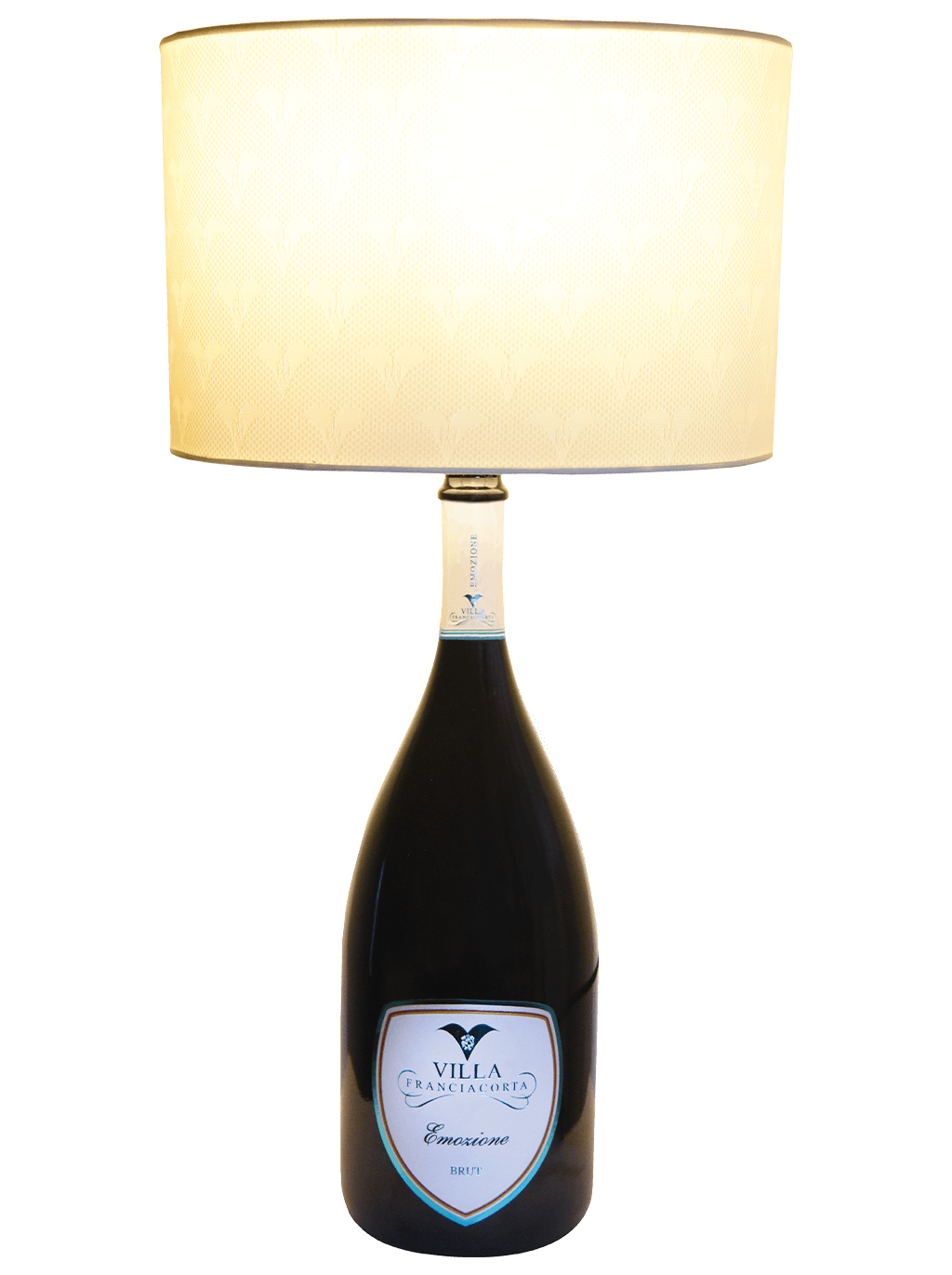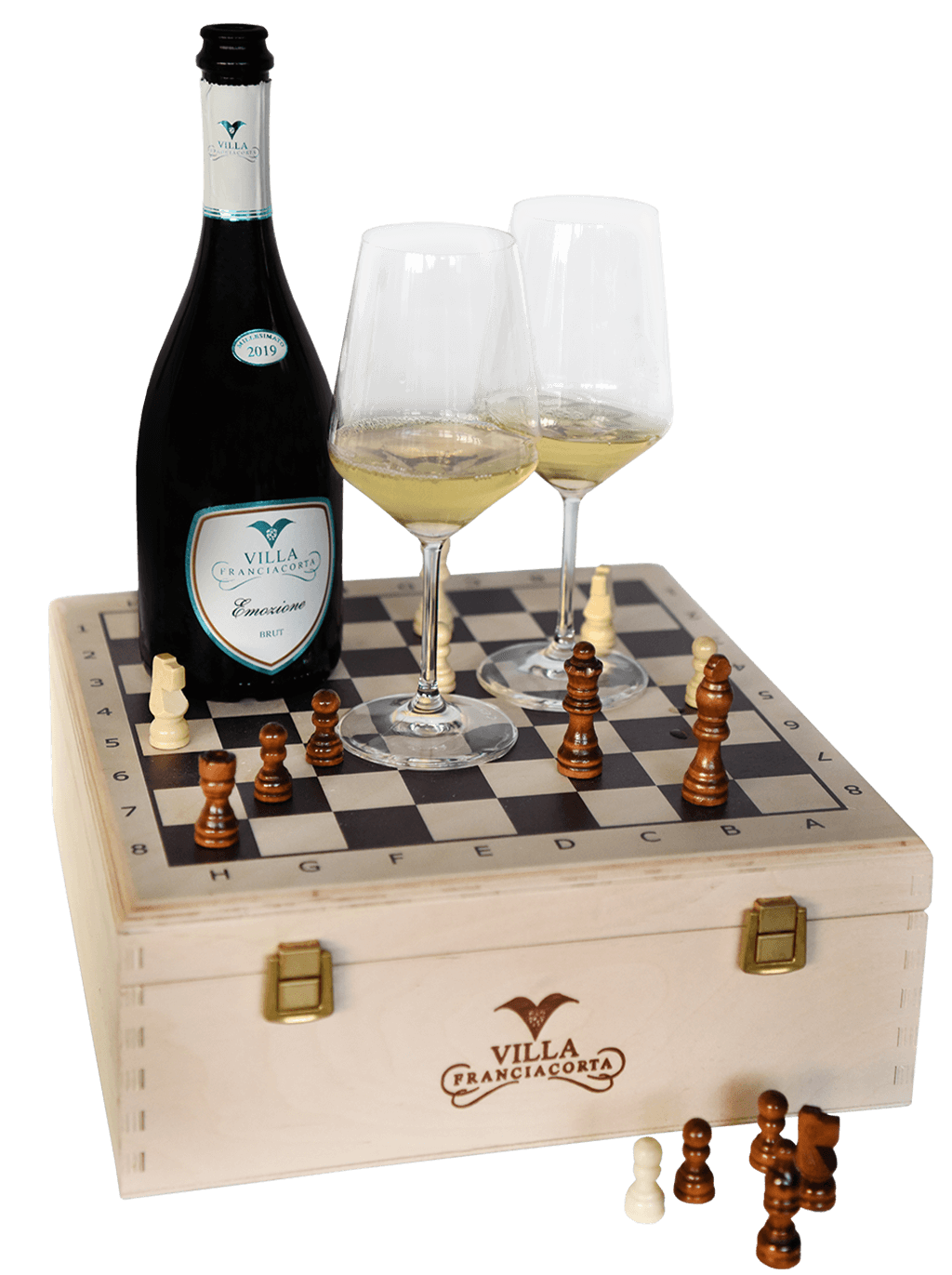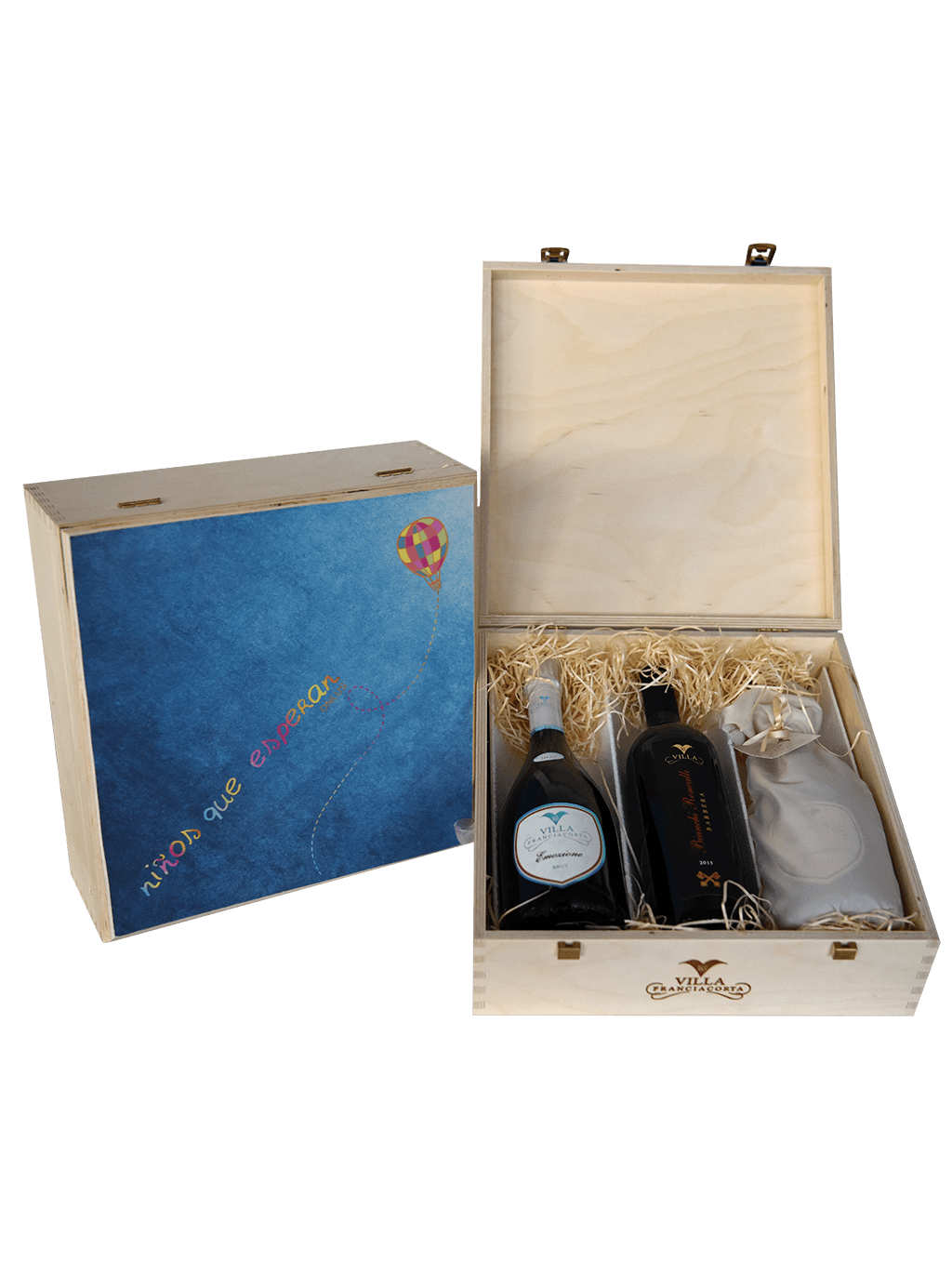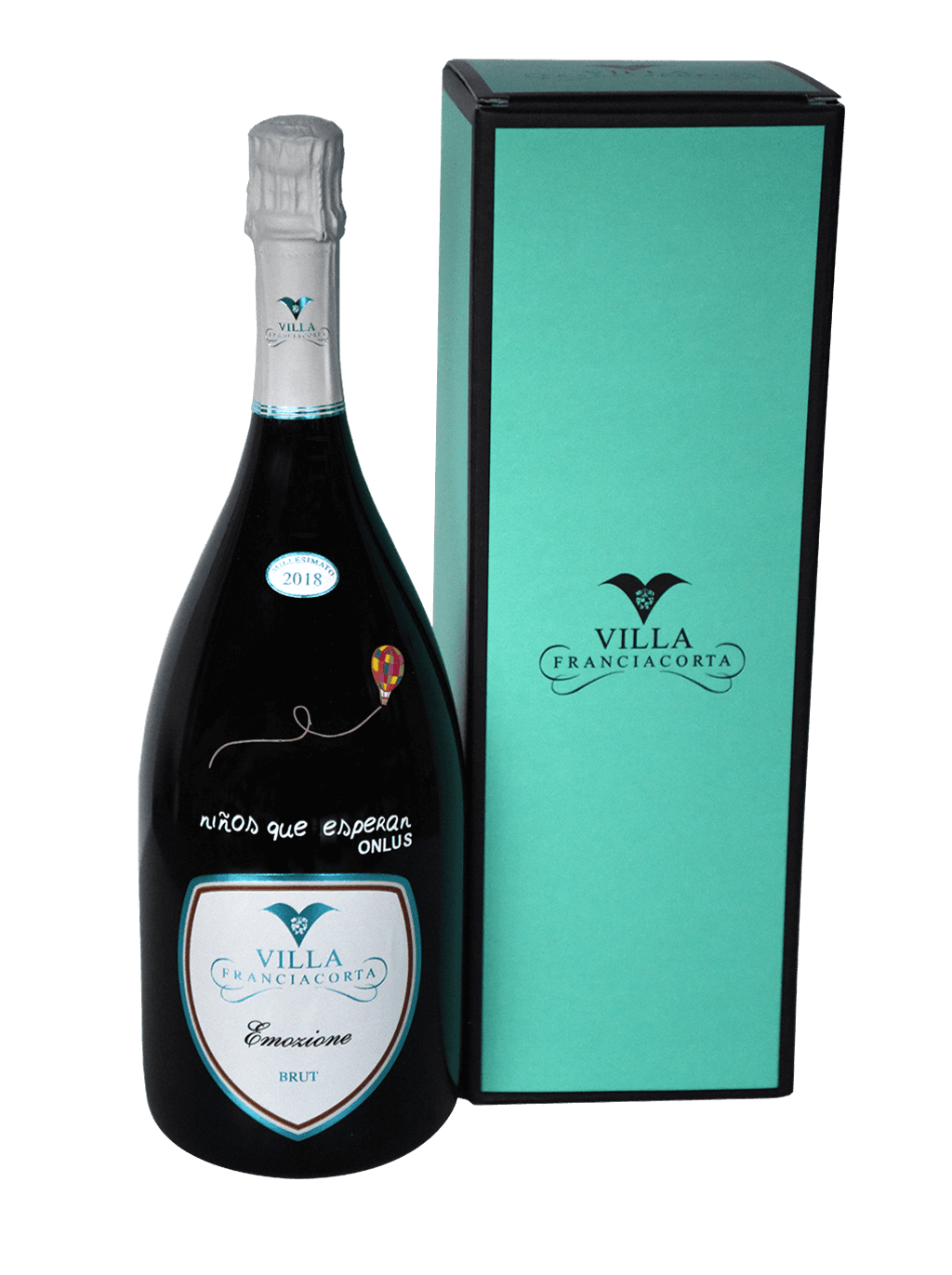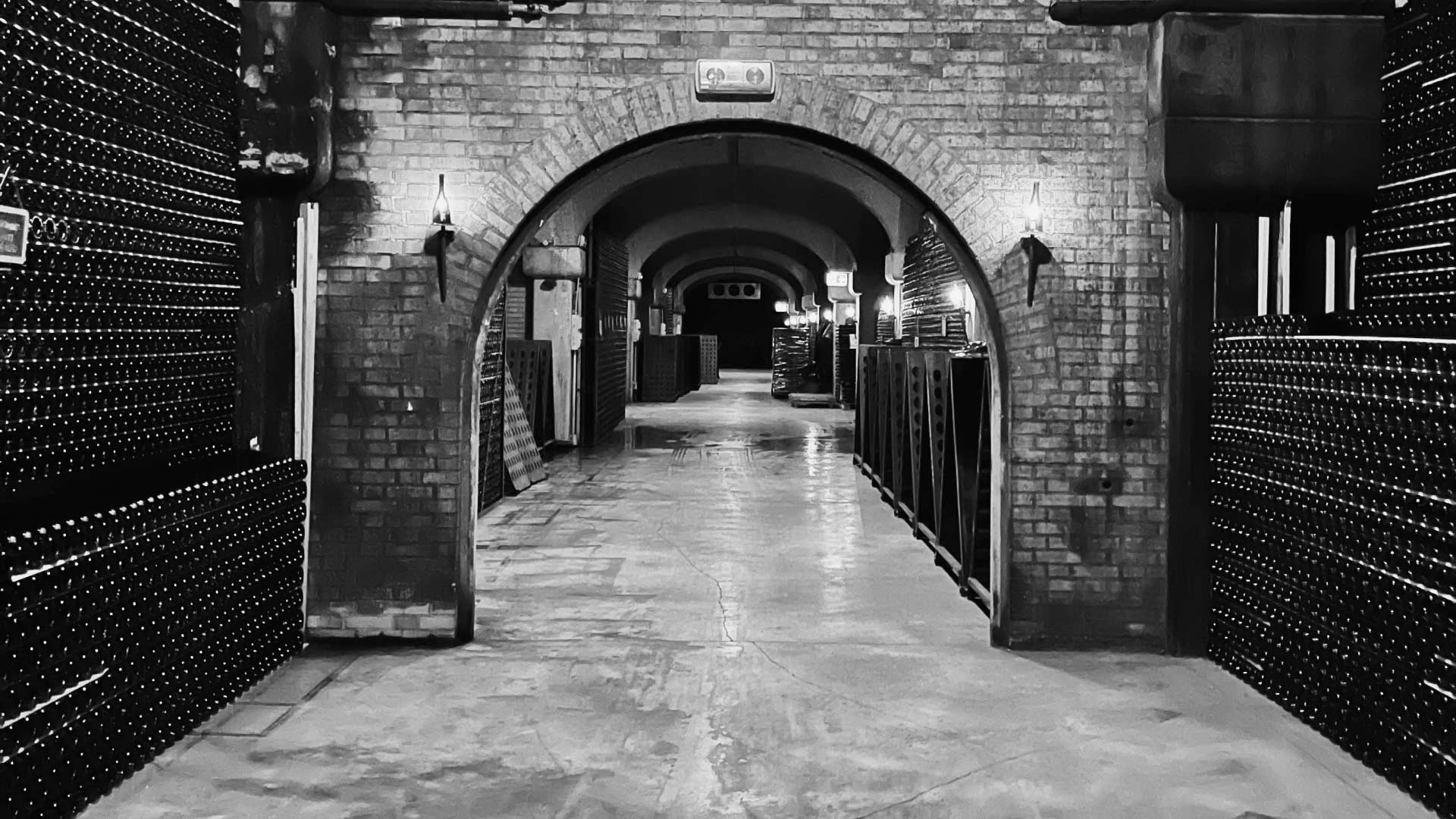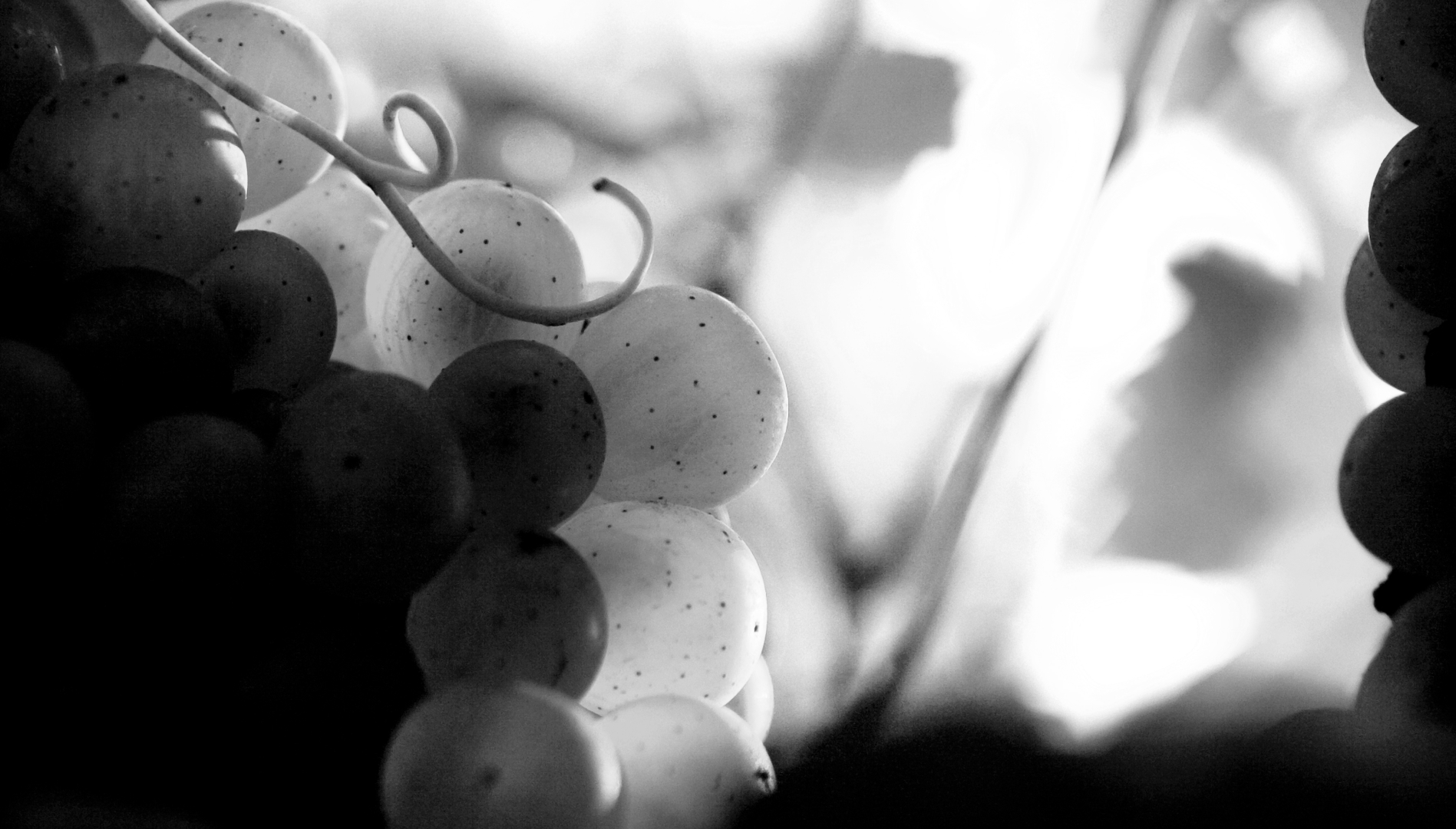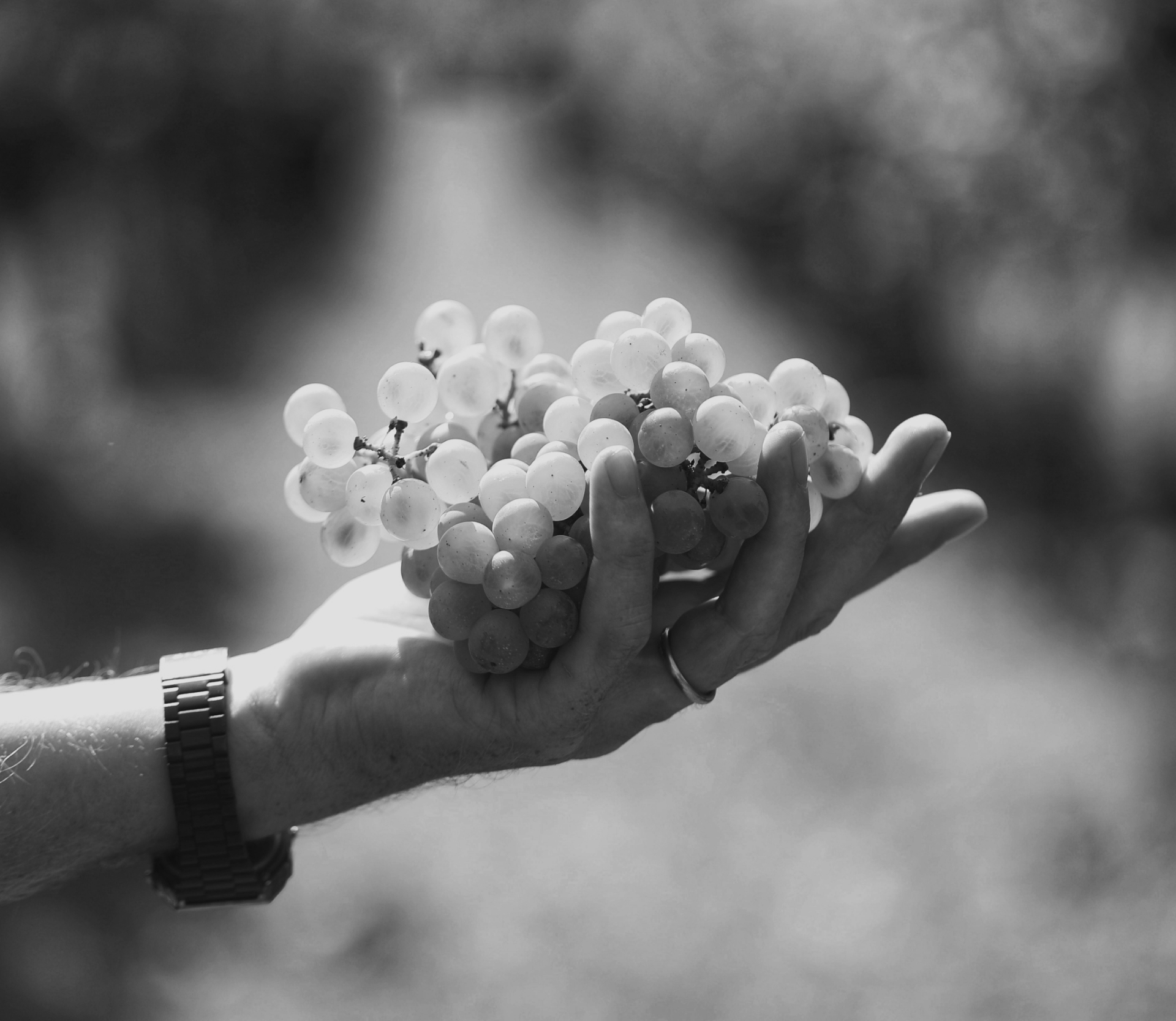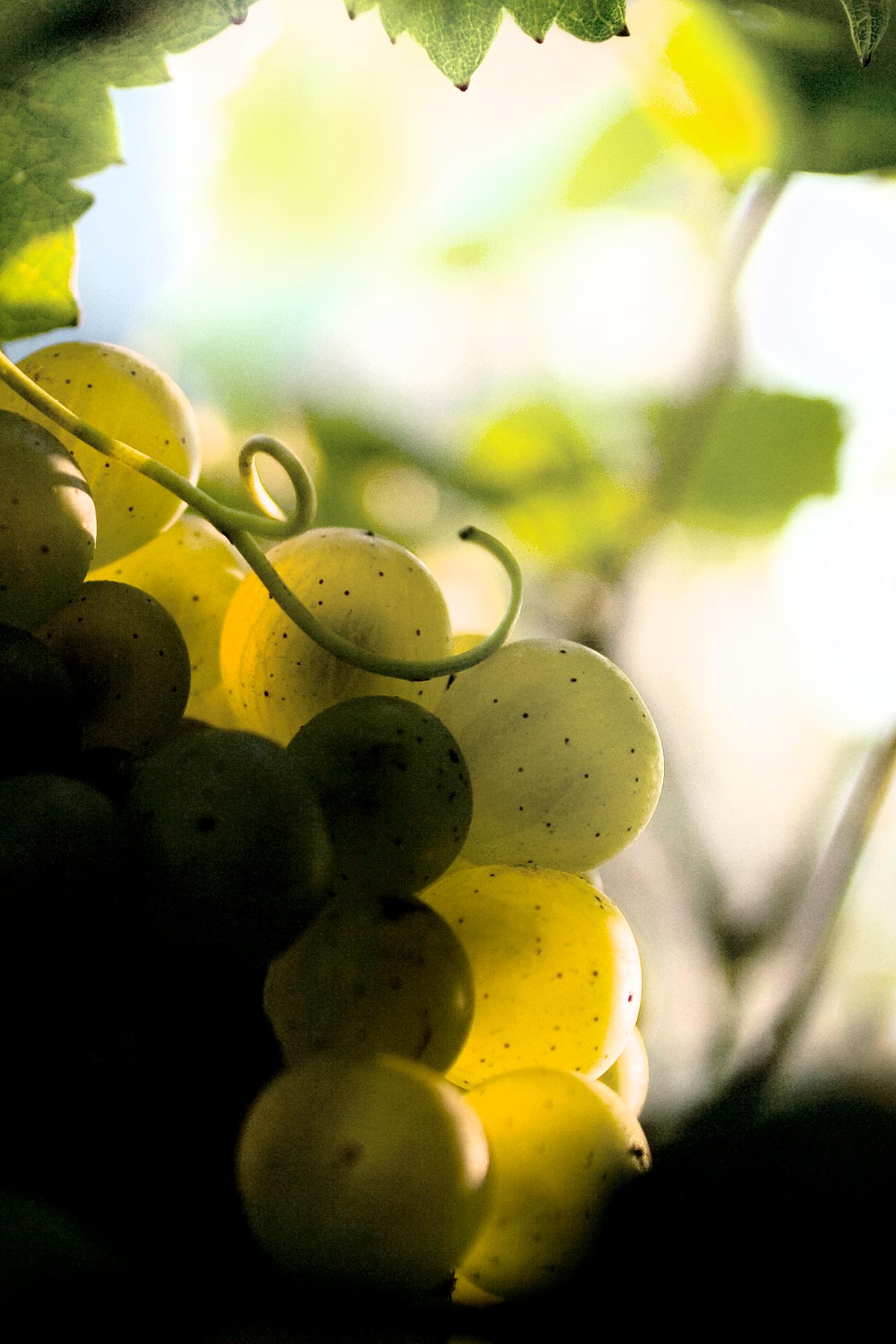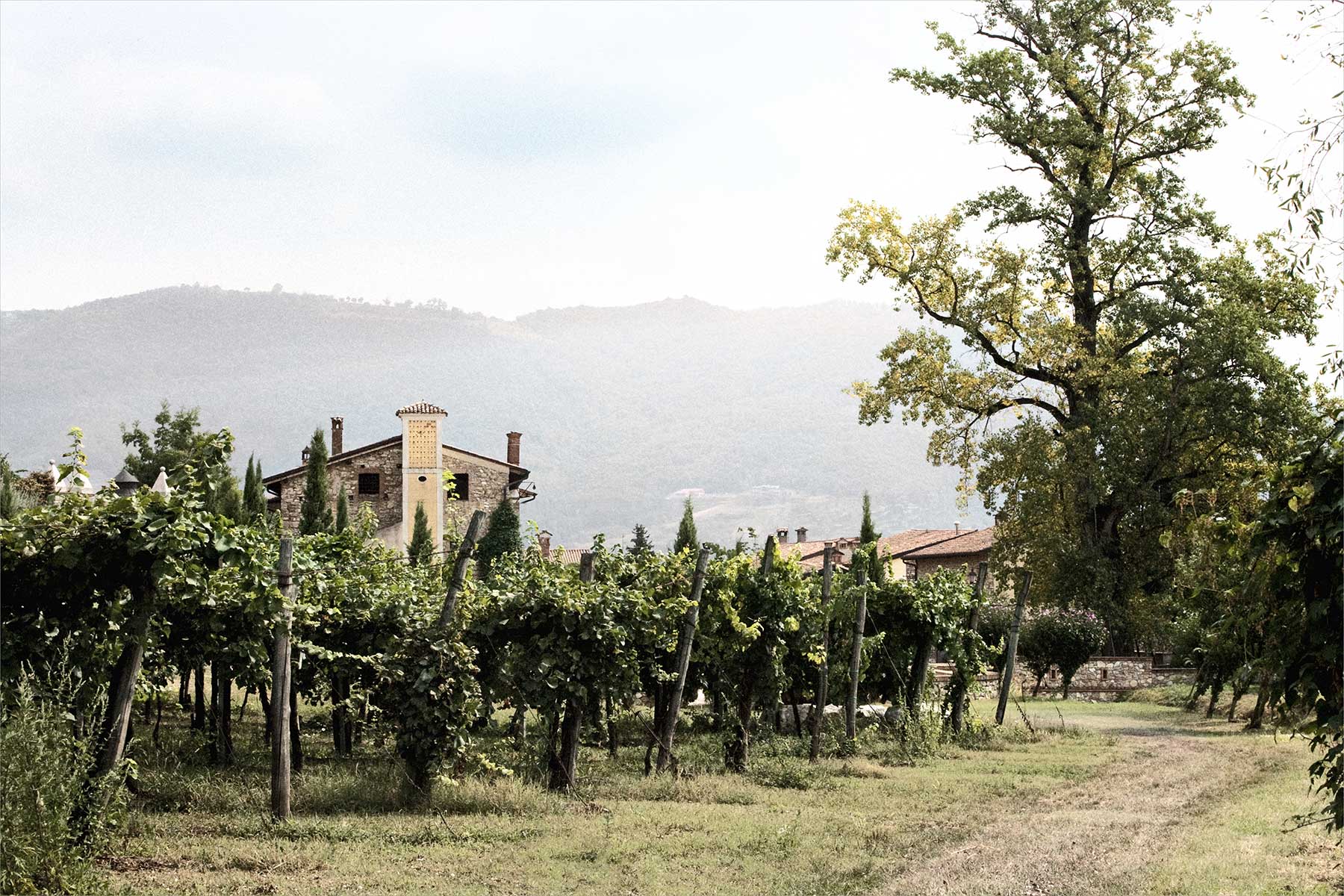From Nature to Nature
The distribution in vineyards of organic fertilizers is done through the study of plant vigor. In this regard, vigor maps make it possible to replenish the organic matrix according to the actual needs of the soil, avoiding unnecessary waste, so more homogeneous soils are obtained. Important is the operation of replanting the soil in order to ensure its oxygenation, which preserves the content of organic matter and microorganisms present.
The organic matter distributed has always been of animal origin, and to this is added marc stored for a year to be distributed as a soil conditioner the following year. Controlled grassing mowing in alternate rows are useful agronomic practices to protect phytophagous and entomophagous insects. Dedicated seeding allows working on the chemical aspect of the soil and enriching it through, for example, the use of nitrogen fixers or on the physical/mechanical aspect with the use of species capable of allowing, through the roots, greater oxygenation of the soil or greater resistance to the different passages of vehicles. All these practices together positively affect the fertility of soils and their ability to capture CO2. The BIOPAS Project is one of the systems we use to monitor organic matter always in search of its perfect balance.

















